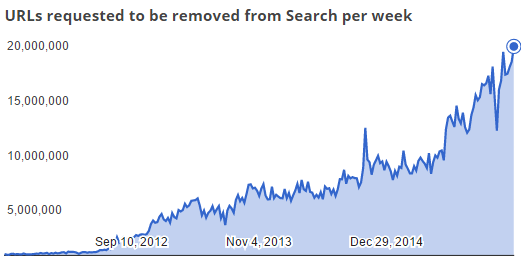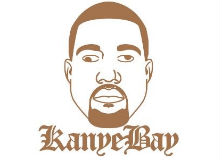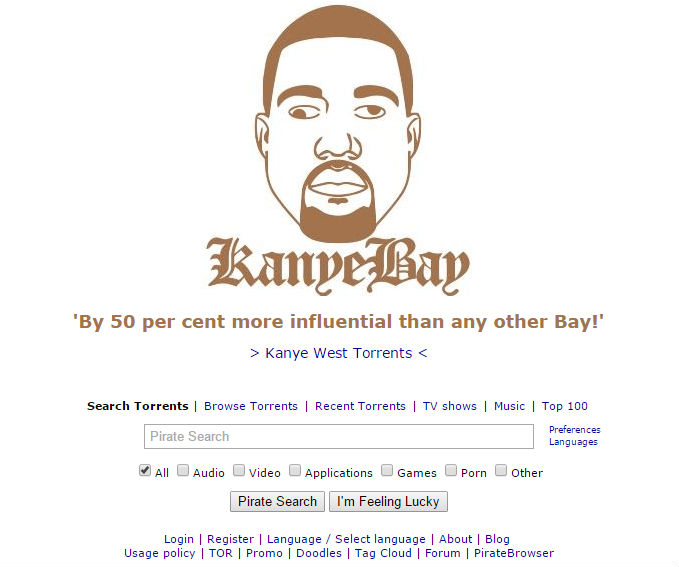Google Asked to Remove 100,000 ‘Pirate Links’ Every Hour
dimanche 6 mars 2016 à 11:26 In recent years copyright holders have overloaded Google with DMCA takedown notices, targeting links to pirated content.
In recent years copyright holders have overloaded Google with DMCA takedown notices, targeting links to pirated content.
These requests have increased dramatically over the years. In 2008, the search engine received only a few dozen takedown notices during the entire year, but today it processes two million per day on average.
Data gathered by TorrentFreak from Google’s Transparency Report shows that the number of links reported in DMCA notices has more than doubled compared to last year, and quadrupled in comparison to the year before.
March 2014 Google was asked to remove roughly six million links per week, growing to eight million in 2015 and a whopping 19 million last week.
As an illustration of the sheer volume, this means that Google is now being asked to remove well over 100,000 links to alleged copyright infringing material every hour.
The number of notices continues to increase at a rapid pace and at the current rate the search engine will have to process a billion reported links this year alone. This same milestone previously took well over a decade to reach.
The graph below illustrates this sharp rise in takedown notices.

While not all takedown requests are accurate, the majority of the reported links are. As a result many popular pirate sites are now less visible in Google’s search results, since Google downranks sites for which it receives a high number of takedown requests.
In a submission to the Intellectual Property Enforcement Coordinator a few months ago Google stated that the continued removal surge doesn’t influence its takedown speeds.
“We process more takedown notices, and faster, than any other search engine,” the search giant commented.
“We receive notices for a tiny fraction of everything we host and index, which nonetheless amounts to millions of copyright removal requests per week that are processed, on average, in under six hours.”
The company rejects broader actions, such as the removal of entire domain names, as this would prove counterproductive and lead to overbroad censorship.
Copyright holders, however, don’t share these concerns. Over the years groups such as the MPAA and RIAA have repeatedly argued that clearly infringing sites should be barred from Google’s index. In addition, they want Google to promote legal services.
While Google believes that the billion reported URLs are a sign that the DMCA takedown process is working properly, rightsholders see it as a signal of an unbeatable game of whack-a-mole.
As this stalemate continues, we can expect the number of reported pages to continue to rise in the future, adding millions of new URLs on a daily basis.
Source: TF, for the latest info on copyright, file-sharing, torrent sites and ANONYMOUS VPN services.
 Last month Kanye West released his latest album The Life of Pablo exclusively on Tidal, triggering a piracy feast.
Last month Kanye West released his latest album The Life of Pablo exclusively on Tidal, triggering a piracy feast. 
 The Brazilian Civil Rights Framework for the Internet (Marco Civil da Internet) is legislation that governs the use of the Internet in Brazil. Under development since 2009 the Marco Civil aims to protect online privacy rights, net neutrality principles and other key issues.
The Brazilian Civil Rights Framework for the Internet (Marco Civil da Internet) is legislation that governs the use of the Internet in Brazil. Under development since 2009 the Marco Civil aims to protect online privacy rights, net neutrality principles and other key issues.  One of the upsides of drive-in cinemas is that people are free to chat inside their cars and enjoy a movie privately.
One of the upsides of drive-in cinemas is that people are free to chat inside their cars and enjoy a movie privately.